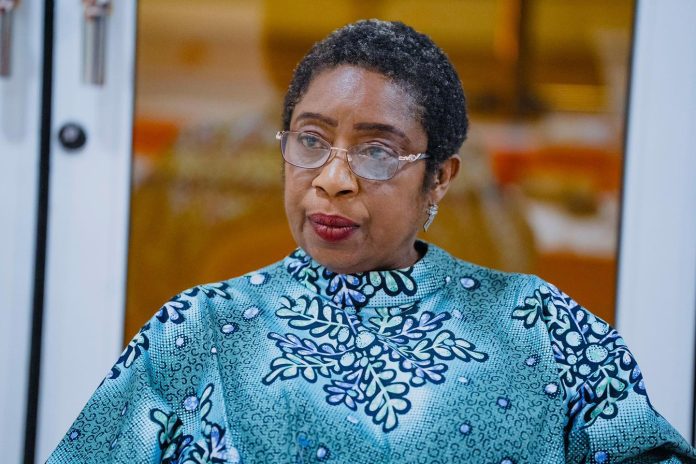The Federal Ministry of Art, Culture, Tourism, and Creative Economy has taken a decisive step toward finalizing Nigeria’s National Policy on Culture, launching a Physical Drafting Exercise in partnership with the Nigerian Economic Summit Group (NESG) and UNESCO. This initiative aligns with President Bola Ahmed Tinubu’s Renewed Hope Agenda, reflecting his administration’s commitment to strengthening the nation’s cultural sector.
The National Policy on Culture, last reviewed in 1988, has remained in draft form for nearly four decades, despite its critical role in guiding Nigeria’s cultural and creative industries. Recognizing the urgency for reform, the Honourable Minister, Hannatu Musa Musawa, Esq., initiated a comprehensive review to ensure Nigeria’s cultural framework meets global standards and reflects the rapid evolution of the creative economy.
A Long-Awaited Policy Overhaul
The journey to update Nigeria’s cultural policy began in July 2024, when the Minister inaugurated a Cultural Policy Drafting Committee—a 100-member team tasked with researching, developing, and refining the policy’s framework. After completing a virtual drafting process in December 2024, the Ministry moved to the current physical drafting exercise, consolidating the final document for stakeholder validation before its submission to the Federal Executive Council (FEC) for approval.
Mrs. Ugochi Akudo-Nwosu, Director of the Entertainment and Creative Economy Department, emphasized the significance of this review:
“The National Policy on Culture provides the legal framework for preserving, promoting, and developing Nigeria’s cultural heritage. This update will reflect contemporary trends, particularly the shift from a creative industry to a creative economy. Through this exercise, we are setting the stage for Nigeria to assert its cultural identity on the global stage.”
Speaking on behalf of NESG, Dr. Ikenna Nwosu highlighted the urgent need for reform:
“For 37 years, this policy remained stagnant, while the creative and cultural sectors evolved at an unprecedented pace. Ideally, such policies should be reviewed every 5 to 10 years. What we are witnessing today is a long-overdue correction. This process will align governance with the economic potential of Nigeria’s cultural sector. The Honourable Minister’s leadership in driving this review is highly commendable.”
UNESCO’s Role in Cultural Policy Reform
UNESCO has played a crucial role in supporting the review process, ensuring its alignment with international cultural governance standards.
Speaking on UNESCO’s involvement, Mr. Ifeanyi Ajaegbo, a UNESCO representative, reaffirmed the organization’s commitment:
“UNESCO fully supports Nigeria’s efforts to update its National Policy on Culture. This policy aligns with our 2005 Convention on the Protection and Promotion of the Diversity of Cultural Expressions, which ensures fair access to cultural goods and services. By strengthening cultural governance, Nigeria will create a more structured, inclusive, and globally competitive creative economy.”
Strengthening Nigeria’s Creative Economy
The Ministry’s collaboration with NESG has ensured an inclusive and technically sound review process. Following a Memorandum of Understanding (MoU) signed in 2024, NESG has provided research, technical expertise, and stakeholder engagement strategies to ensure the new policy meets both national and international benchmarks.
Additionally, UNESCO has conducted training sessions, workshops, and expert consultations, equipping Ministry staff with global best practices for fostering cultural sustainability and economic growth.
Next Steps: Validation and Approval
The Physical Drafting Exercise, taking place from March 20–24, 2025, at Blue Spring Hotel, Abuja, marks the final stage before the Stakeholder Engagement and Validation Exercise. Once validated, the policy will be submitted to the Federal Executive Council (FEC) for final approval.
With this milestone, the Federal Ministry of Art, Culture, Tourism, and Creative Economy is taking a bold step toward repositioning Nigeria’s cultural sector. Beyond preserving heritage, the policy aims to drive economic growth, create employment opportunities, and position Nigeria as a leader in the global creative industry.




